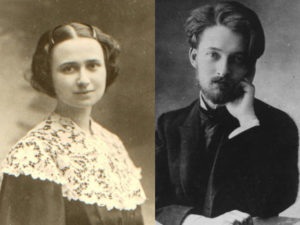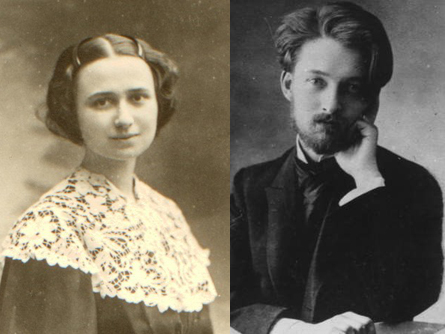
For a Doctrinal Homily Outline for the Fourth Sunday in Ordinary Time, click here. Its focus is on the vocation to marriage and its defense.
Another book that has done me a lot of good is hardly a book at all. It is hard bound (like a book should be) but only 46 pages long. It is a printing of the Aquinas Lecture of 1942 called “St. Thomas and the Problem of Evil” by the great lay Thomistic philosopher Jacques Maritain.
The problem of evil is captured in the question, “Why does the good God create a world in which natural and moral evil exist?” The problem of evil has been a problem for me, maybe also for you. Why does God permit things like tornados and rapists?
In this lecture, Maritain considers “first, the meaning of the existence of evil in this world; second, the cause of evil where free will is concerned” (1).
Maritain recalls Augustine’s insight that evil is “the privation of the good that should be in a thing” (1). This is a surprising truth worth pondering in our prayer, because it shines so much light.
In addition, there is the evil which is the fault of a person, moral evil being worse than physical evil (3).
I won’t try to account for everything Maritain says in his slim volume, and when I look over its pages, I see my own handwritten notes and comments in the margins of every page.
I will just mention one startling insight I got through Maritain’s discussion of something that Aquinas wrote about: the possibility by which a morally good, grace filled person—the first man and woman and the baptized person in the state of grace—could choose evil.
Aquinas wrote, “If the hand of the craftsman were the very rule by which he cut wood, he could never cut the wood crookedly” (16).
To explain, the ability to cut wood properly is not inherent in the craftsman. He must pick up and use something external to himself: a ruler or straight edge. He must use that tool to measure and to score the wood. Then he can cut it right.
Applied to us, our “rule” is the moral law, the rule of reason and divine law. It is not built into us so that we will automatically apply it. Faced with a moral choice, like Adam and Eve, we have to pick it up, so to speak, ask ourselves what it is, and apply it.
This is why I believe it is correct to say, that conscience is reason sitting in judgment on our actions. But reason makes its judgment according to something independent of the person—that something is the natural and divine law. There is the always the possibility of our non-consideration of the moral law, the rule.
Adam and Eve skipped the step they ought to have taken. They did not take up the “rule” of the moral law, or for them, God’s good will, when they considered what the serpent claimed. They went for some apparent goods.
Maritain, following Aquinas, says that non-consideration of the rule is not sin, because it is literally nothing. Sin is in the action that follows from the non-consideration.
Maybe this sheds light on why we often ask, after a sin, “Why did I do that?”

Leave a Reply